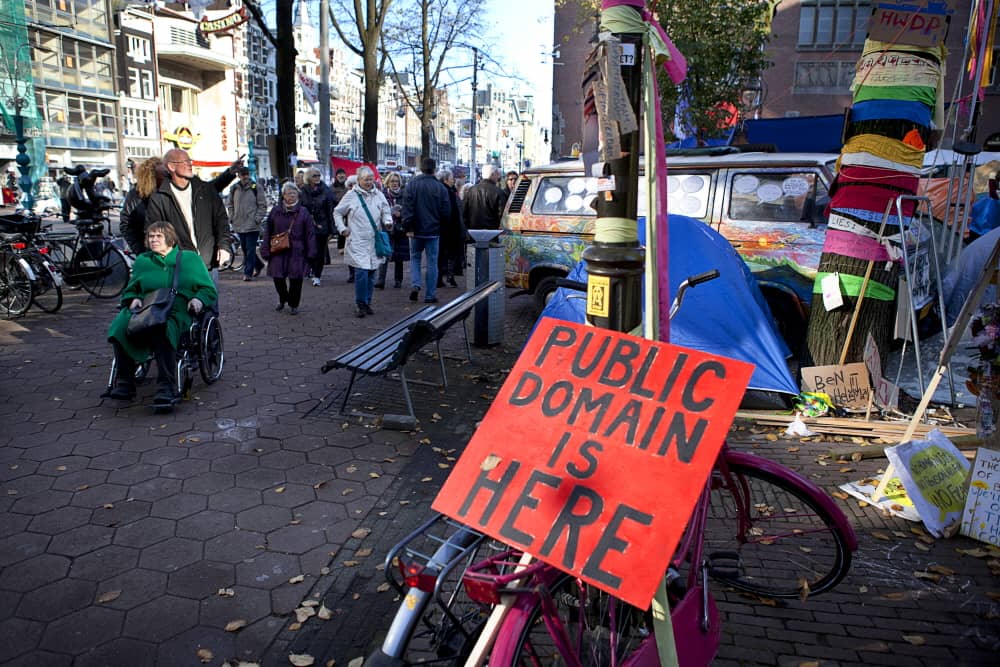The financial crisis reawakened the fierce debate about the relationship between market and state. This topic was already on the political agenda before the crisis, however, particularly in the context of policy on market forces. Strikingly, however, this political debate, which is concerned mainly with the question of whether public interests are adequately protected in the newly emerged situations, often gets no further than the limited opposition between market and state.
Promote public interests
Detailed studies of the specific market mechanisms can help create a more realistic view of what happens in markets, how public interests are at stake and what role public authorities could or should play. The WRR accordingly approaches the relationship between market, state and society from this perspective. It does this first by not simply placing the market in opposition to the state, but by situating it in the context of several other coordination mechanisms involved in the allocation of goods or services. Second, it focuses emphatically on the supply side of the market in order to investigate whether and how pricing mechanisms in markets stand in the way of the promotion of public interests. The central question addressed is whether mechanisms are available to equip market operators to promote public interests as well.
Social responsibility
The WRR advises the government to re-evaluate the role of government, to encourage businesses to take their social responsibility and to increase the engagement of the community. Among other things, the Council highlights the role that sector organisations and industrial regulatory bodies could play. The WRR report was presented on 12 April 2013.
News

Public interest demands strengthening of business responsibility
In his new report Publieke zaken in de marktsamenleving (‘Public interests in a market society’), the WRR calls for a renewed ...
Read moreCarbon emissions trading and public interests
The purpose of the European emissions trading scheme (EU ETS) is to reduce carbon dioxide emissions in a cost-effective way, with ...
Read more